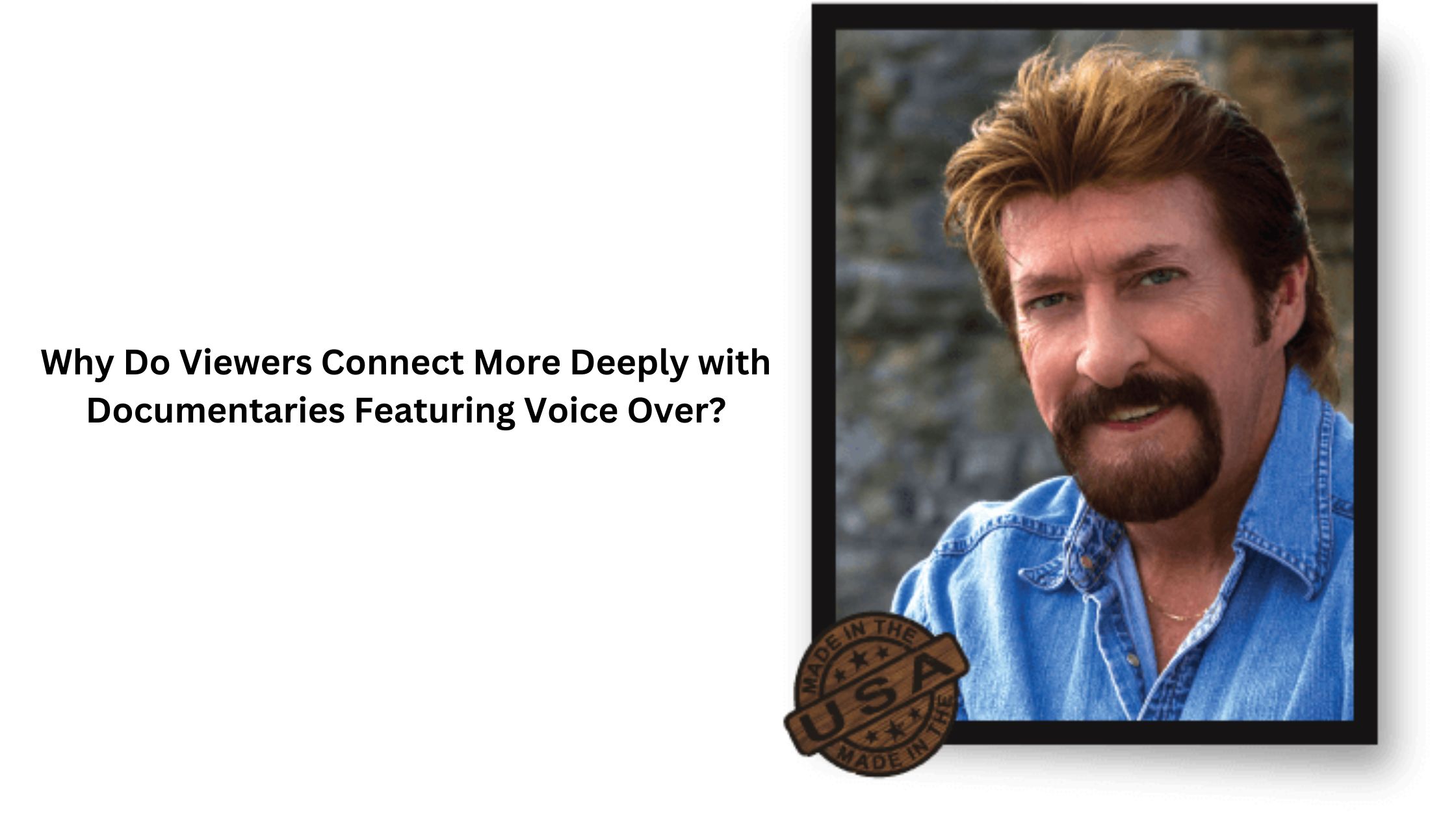Why Do Viewers Connect More Deeply with Documentaries Featuring Voice Over?

Documentaries have become a powerful tool for storytelling, education, and inspiration. From exploring distant cultures to uncovering hidden truths, documentaries captivate audiences with their real-life narratives. One key element that often enhances the viewer’s connection to these films is the inclusion of voice-over narration. Read on to understand why viewers connect more deeply with documentaries featuring voice-over work and the role of voice-over artists in documentaries in bringing these stories to life.
- Guided Storytelling
Voice-over narration serves as a guiding force, leading viewers through the narrative journey. It provides context, insight, and emotional cues, helping audiences navigate complex topics or unfamiliar territories. By lending a steady voice to the unfolding story, documentary voiceover artists create a sense of cohesion and direction, making it easier for viewers to engage with the content.
- Personal Connection
A well-executed voice-over can establish a personal connection between the audience and the subject matter. When viewers hear a relatable voice sharing intimate thoughts or experiences, they’re more likely to empathize with the individuals on screen. This connection fosters a deeper emotional investment in the story, fostering empathy, understanding, and sometimes even activism.
- Emotional Impact
Voice-over narration has the power to evoke emotions and evoke empathy in ways that visuals alone cannot. By infusing the narrative with emotion, tone, and emphasis, documentary voiceover artists amplify the impact of key moments, whether they’re heart-wrenching revelations or triumphant achievements. Through their vocal delivery, they breathe life into the story, leaving a lasting impression on the audience.
- Clarity and Context
In documentaries that cover complex or multifaceted subjects, voice-over narration provides essential clarity and context. It helps viewers grasp the significance of events, understand historical background, and interpret nuanced information. By synthesizing disparate elements into a cohesive narrative, documentary voiceover artists enable audiences to engage more deeply with the subject matter.
- Cultural Sensitivity
Voice-over narration can also bridge cultural gaps and enhance cross-cultural understanding. In documentaries that explore diverse communities or global issues, the use of a neutral, informative voice can facilitate communication across linguistic and cultural barriers. Documentary voiceover artists play a crucial role in striking the right balance of sensitivity, respect, and accessibility, ensuring that the story resonates with diverse audiences.
- Artistic Expression
Voice-over narration is not merely a functional element but also an artistic one. It allows documentary filmmakers to experiment with storytelling techniques, narrative structures, and stylistic choices. From poetic reflections to thought-provoking monologues, the voice-over adds layers of depth and complexity to the film, elevating it from a mere presentation of facts to a work of cinematic art.
Wrapping Up
Voice-over narration work for documentaries significantly enhances the viewer’s connection with documentaries by guiding storytelling, fostering personal connections, amplifying emotional impact, providing clarity and context, and enabling artistic expression. Documentary voiceover artists play a vital role in bringing these stories to life, infusing them with passion, authenticity, and resonance. As audiences continue to seek out meaningful and engaging content, the power of voice-over narration in documentaries remains undeniable.


